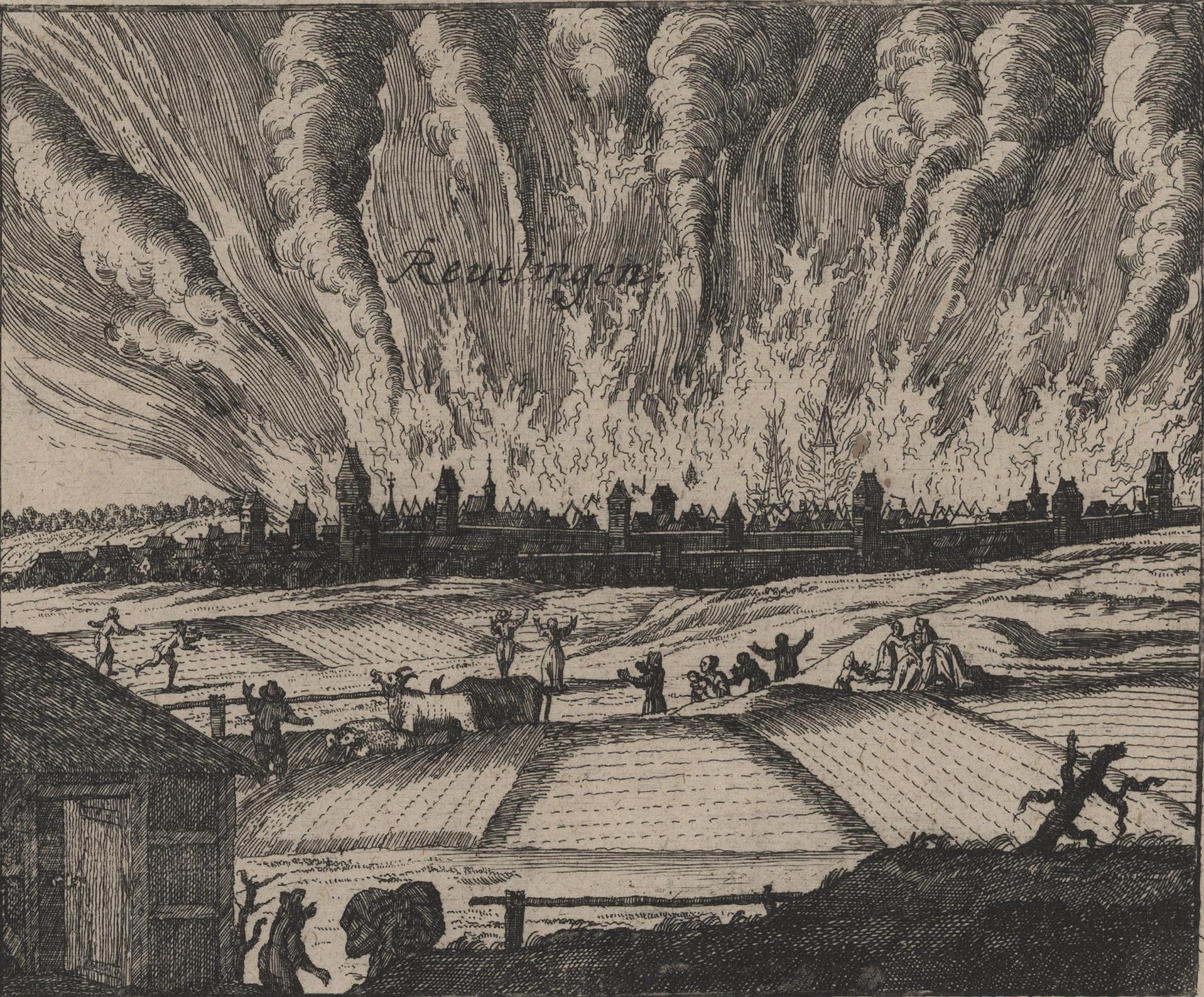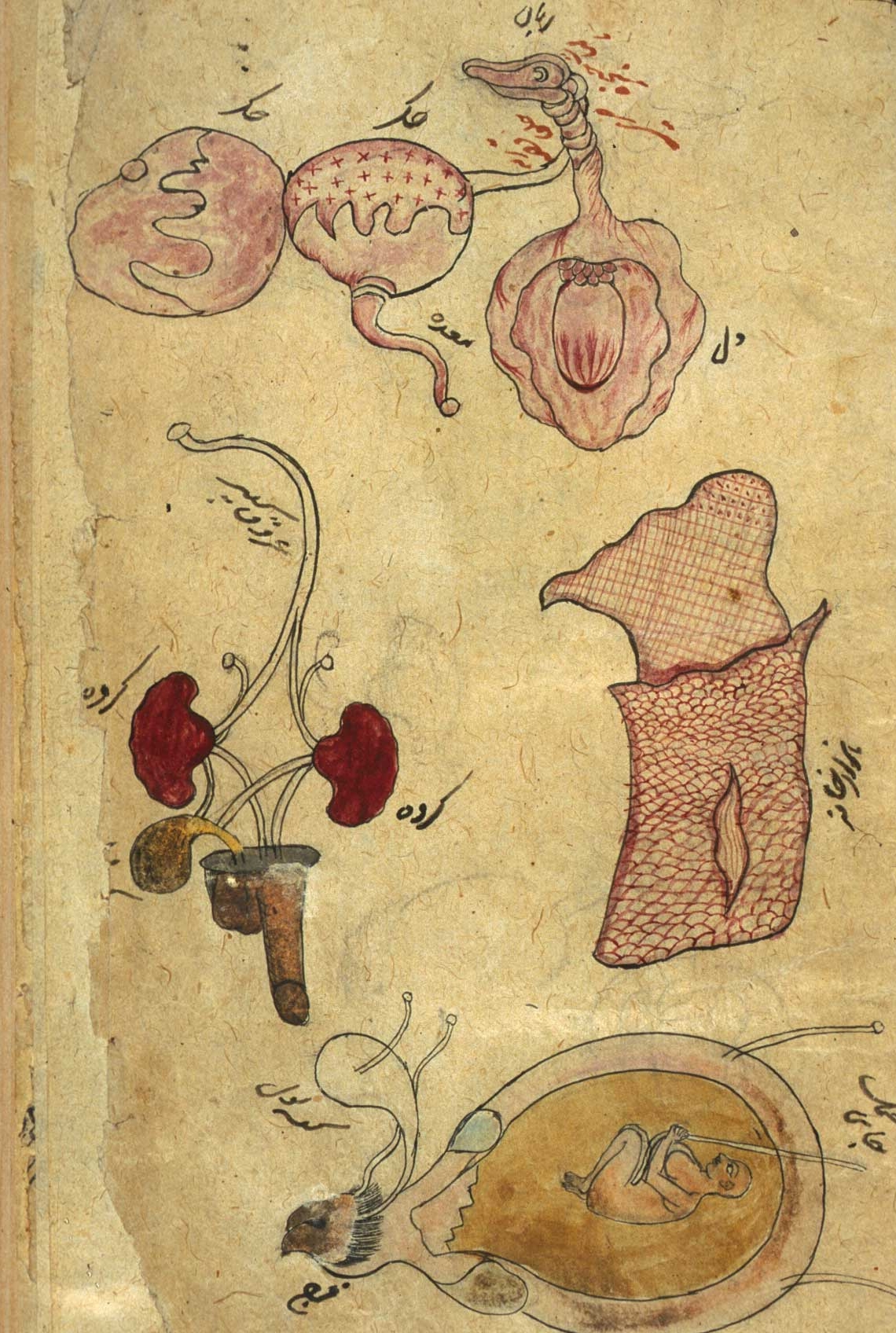SC 469, 6pm

Together with floods, big city fires were the greatest threat to everyday life and security in early modern cities right until the 19th century. In a newly established database we count 8200 such fires for Central Europe between AD 1000 and 1939. The well known examples like London 1666 are just spectacular instances of what was a serial phenomenon. During the 17th century the practice of maritime prime insurances was transferred to the insurance of real-estates: in England as a business of joint-stock companies, in Germany in the form of state backed institutions which spread from the North to the South. Historical research about that issue (for example, the book The tamed Prometheus published in German in 2011) led to a critical dialogue with the historical narrative of risk sociology. Ulrich Beck and Anthony Giddens among others like to point to the insurance principle as an important technique that has shaped the concept of risk since pre-modern times. Specially the rather technical term “insurability” borrowed from the insurance industry has had a curious career here: the question whether private insurers insure big risks, serves as a yard stick for the difference between risks of “first” or “second” modernity: nuclear catastrophes and climate collapse are not insurable by private companies according to Beck. But while the idea to historicize insurability (or to use it as a heuristical tool for historicization) proofs to be a good one, the historical narrative of risk sociology itself seems not to fit well with the findings of historical research as we do it with the example of big city fires and fire insurance.

